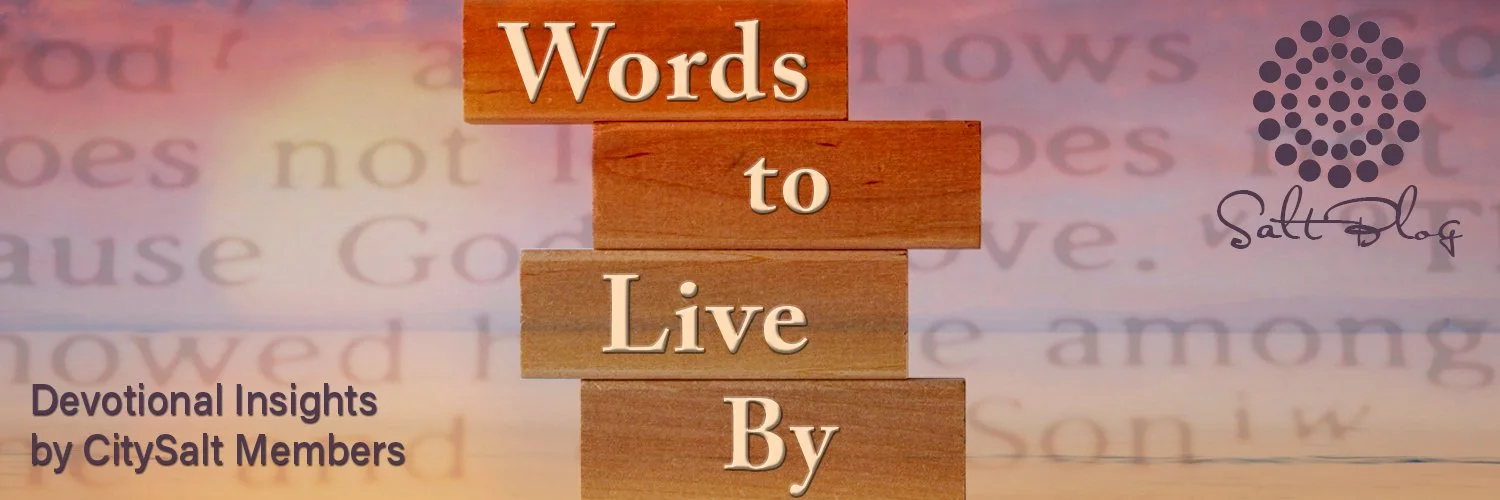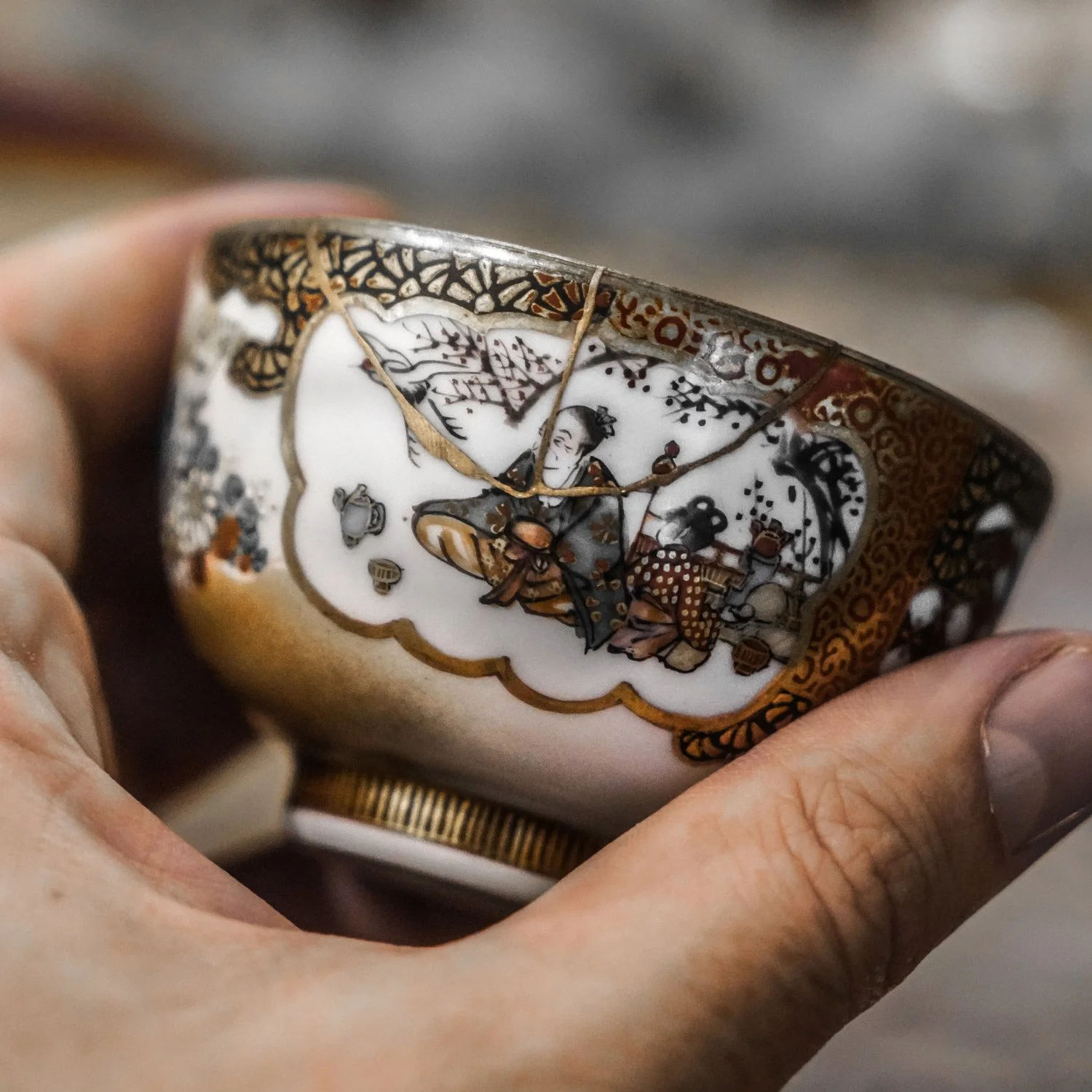Scripture can provide a foundation that keeps us grounded and steady throughout our lives. While we ride the roller coaster of joy, grief, success and failure that life is sure to throw our way, we are invited to dwell on the truths we find written in the Word of God. Over the coming weeks, each blog team member will share a meaningful verse, parable or bible story that has served as an anchor throughout their lives. Perhaps it will inspire you to think of which scriptures have provided that stability for you as well.
Our theme for the CitySalt blog this season is “Life Verses”. We blog writers were asked to think of a verse, a parable, or a Bible story that is “the rock we have built our house on” as Jesus advised us to do in Matthew 7:25. It could be a challenge to come up with a life verse, couldn’t it? There are so many good ones! And truth be told, I couldn’t come up with just one, but if I put three together, that seemed most like the rock that gives me a foundation for my life and my faith.
Here are the three scripture passages that come together to form my rock:
Ephesians 3:14-21
For this reason I kneel before the Father, from whom every family in heaven and on earth derives its name. I pray that out of his glorious riches he may strengthen you with power through his Spirit in your inner being, so that Christ may dwell in your hearts through faith. And I pray that you, being rooted and established in love, may have power, together with all the Lord’s holy people, to grasp how wide and long and high and deep is the love of Christ, and to know this love that surpasses knowledge —that you may be filled to the measure of all the fullness of God.
Now to him who is able to do immeasurably more than all we ask or imagine, according to his power that is at work within us, to him be glory in the church and in Christ Jesus throughout all generations, for ever and ever! Amen.
John 15:5, 8-11
“I am the vine; you are the branches. If you remain in me and I in you, you will bear much fruit; apart from me you can do nothing. This is to my Father’s glory, that you bear much fruit, showing yourselves to be my disciples.
“As the Father has loved me, so have I loved you. Now remain in my love. If you keep my commands, you will remain in my love, just as I have kept my Father’s commands and remain in his love. I have told you this so that my joy may be in you and that your joy may be complete.
John 15:12
My command is this: Love each other as I have loved you.
Now I know there is a lot to unpack in these three passages, so I will summarize to make it simpler and hopefully clearer:
God’s love is absolutely gigantic and there’s nothing outside of it.
Because of God’s great love, if we choose to live in it by centering ourselves within it, we have access to all the love and power that God has.
If we love Jesus, we will follow his command which he made very clear:
LOVE EACH OTHER AS I HAVE LOVED YOU!
Wow, there’s a lot of love talk in there, isn’t there? Jesus states these things simply and directly, but we know by experience that living and doing all this love is not a simple, easy task. It truly does require God’s Spirit moving through us (1) to even see how to love and then (2) to follow through with the action of love. But as difficult and elusive as this task might be, we get to do it completely encompassed by the life-giving, powerful love of God. That seems like a pretty good deal to me and why these are my life verses.
About the Author
John lives in Pleasant Hill with his dog, Gunnar, and a multitude of guests who enjoy the peace and beauty of the Cascade foothills. With three children and three grandchildren all living in Oregon, he is continually blessed with their company and the good food that always accompanies their get-togethers!

























